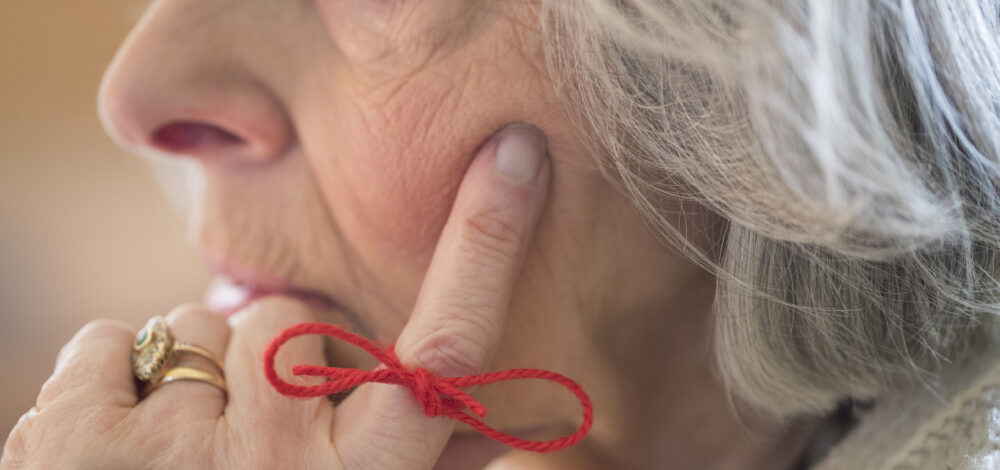How Caregivers Can Respond to Common Dementia-Related Behaviors
If you’re caring for a loved one with dementia, you may notice some new behaviors that feel uncharacteristic of them. As memory and cognitive abilities shift, behaviors can shift as well. Some common changes include repetitive questions, resistance to personal care, sundowning (when confusion and agitation increases at the end of the day), and wandering.













